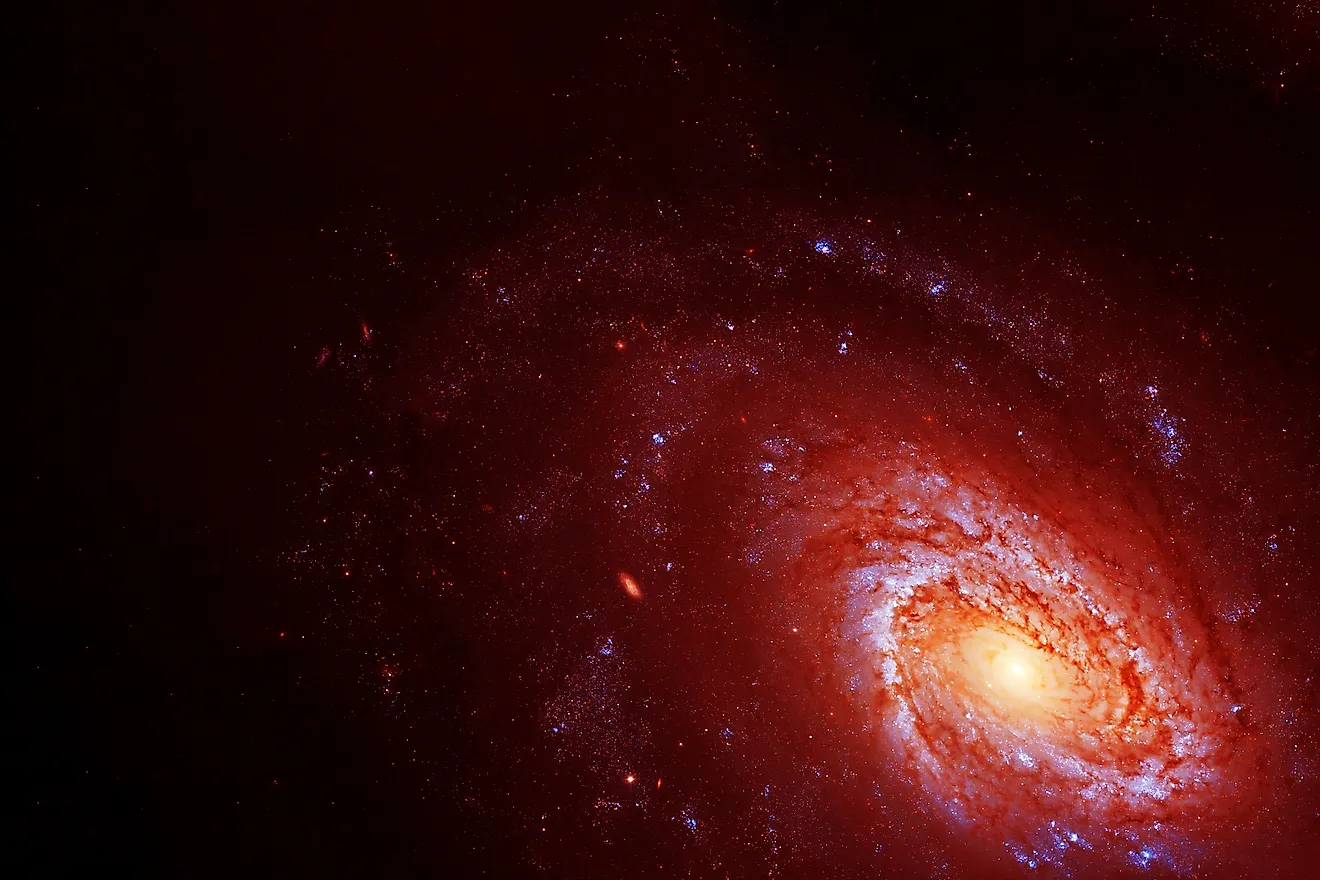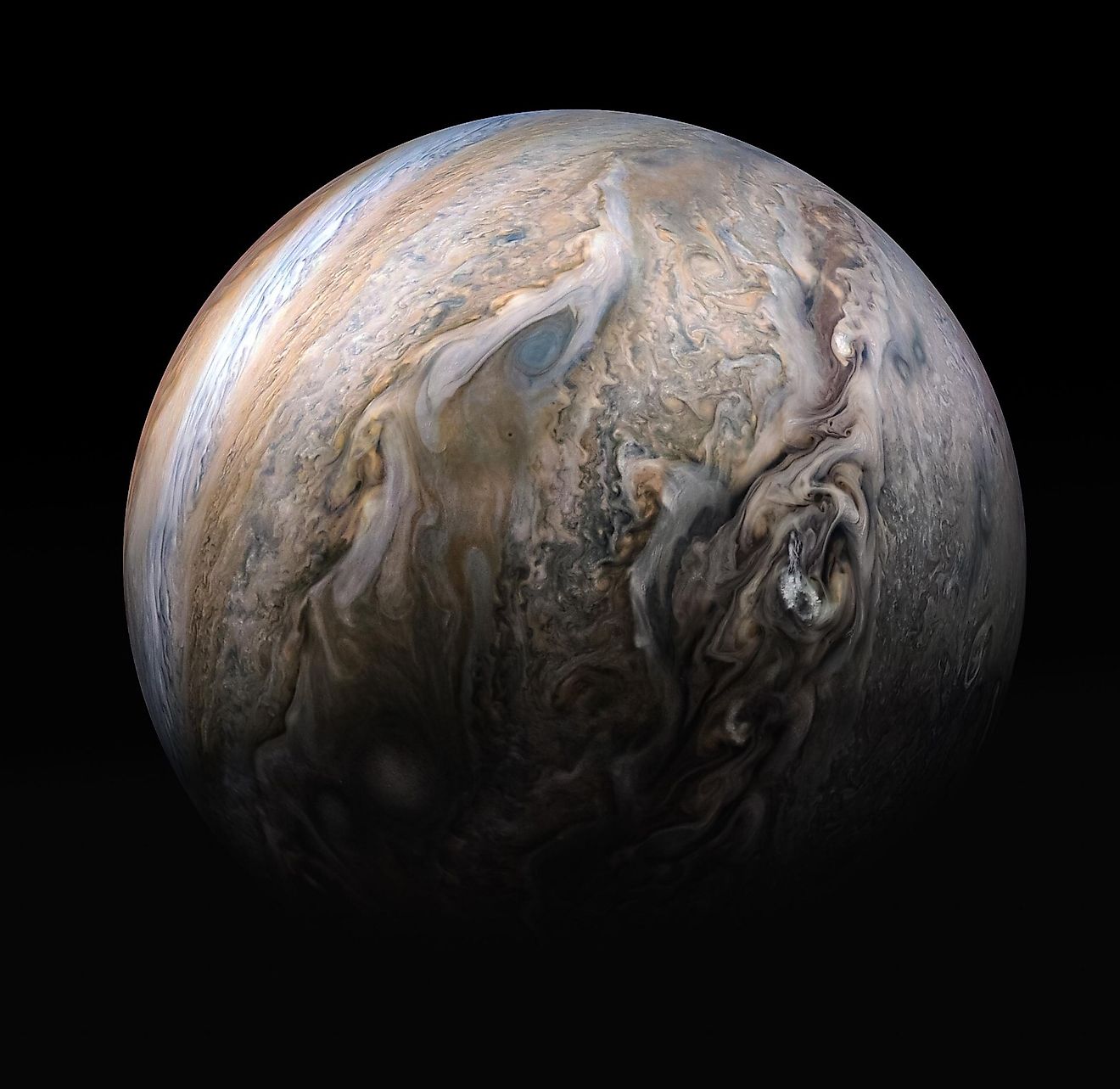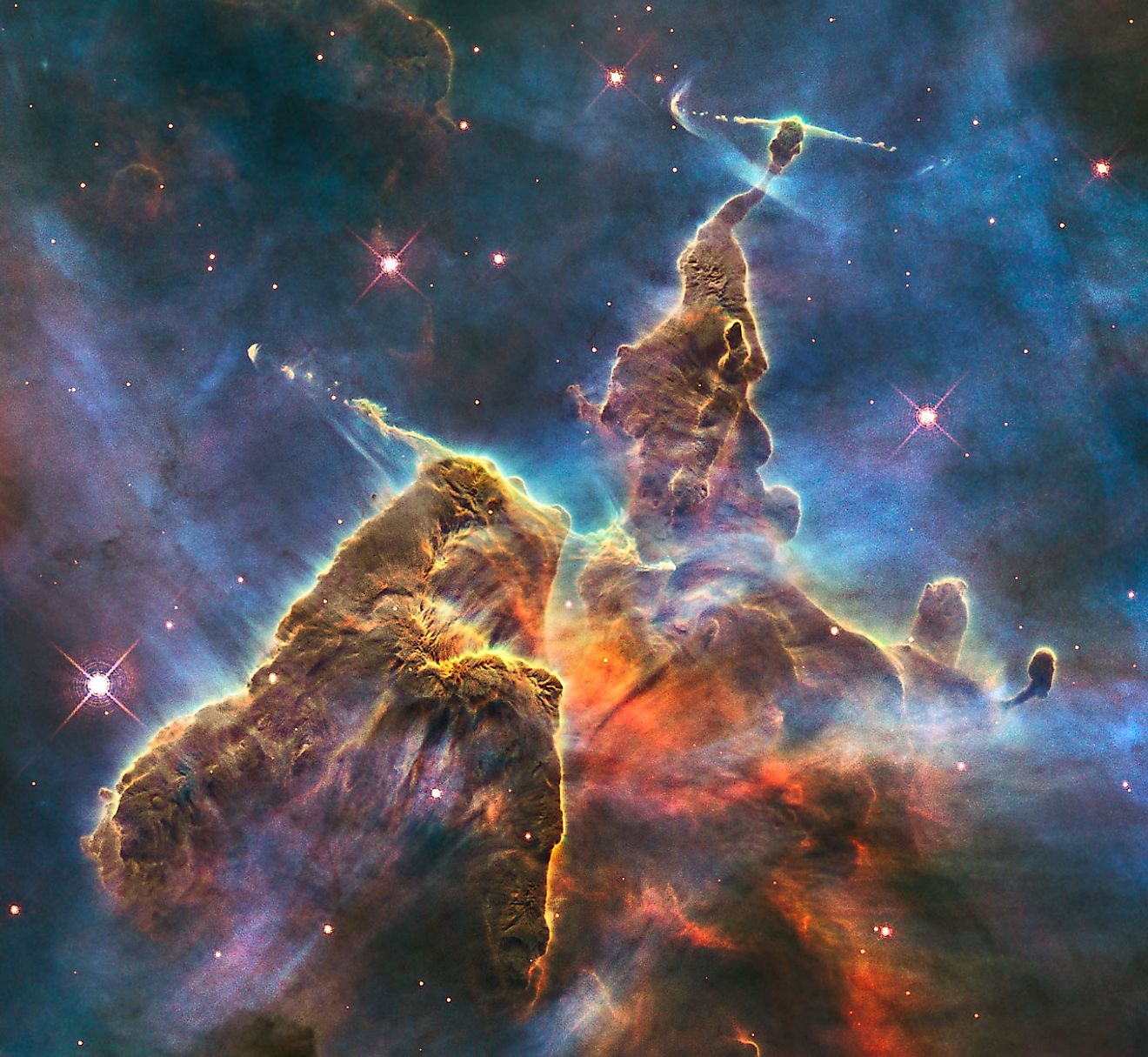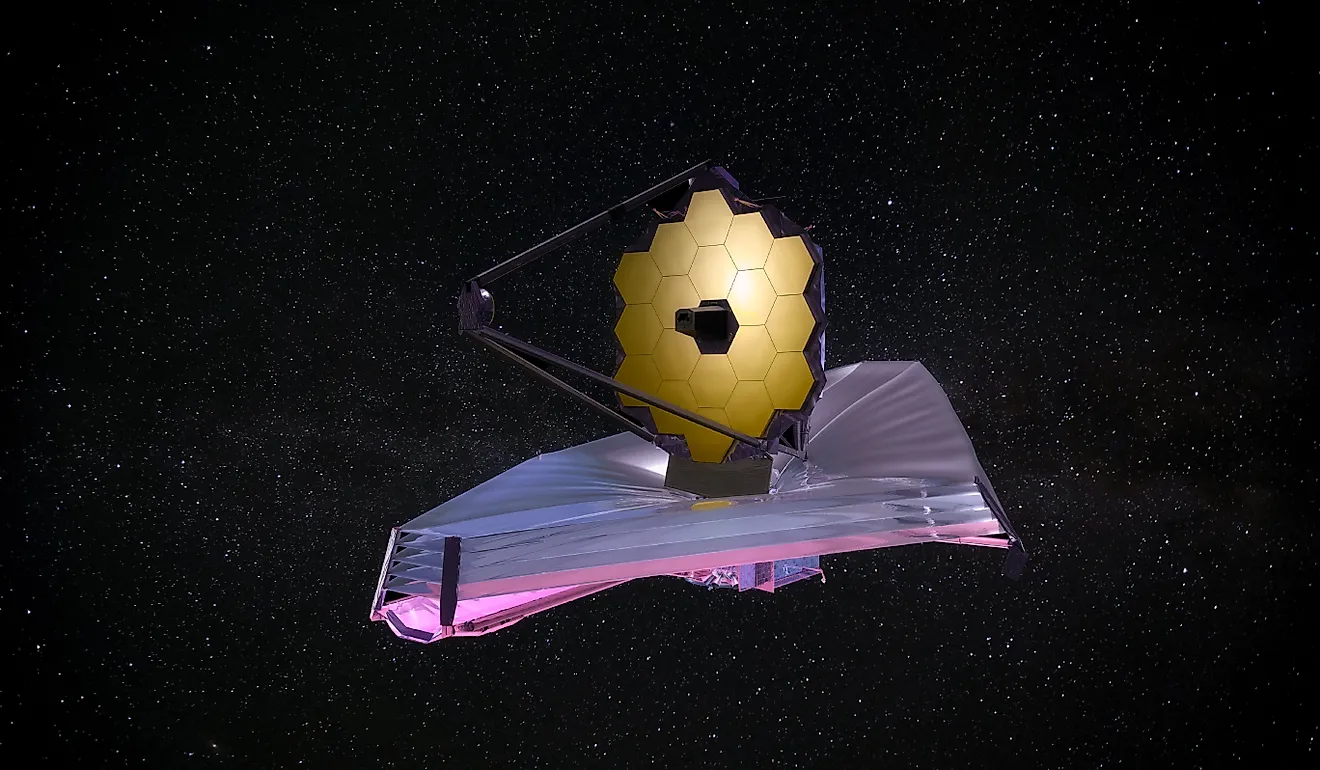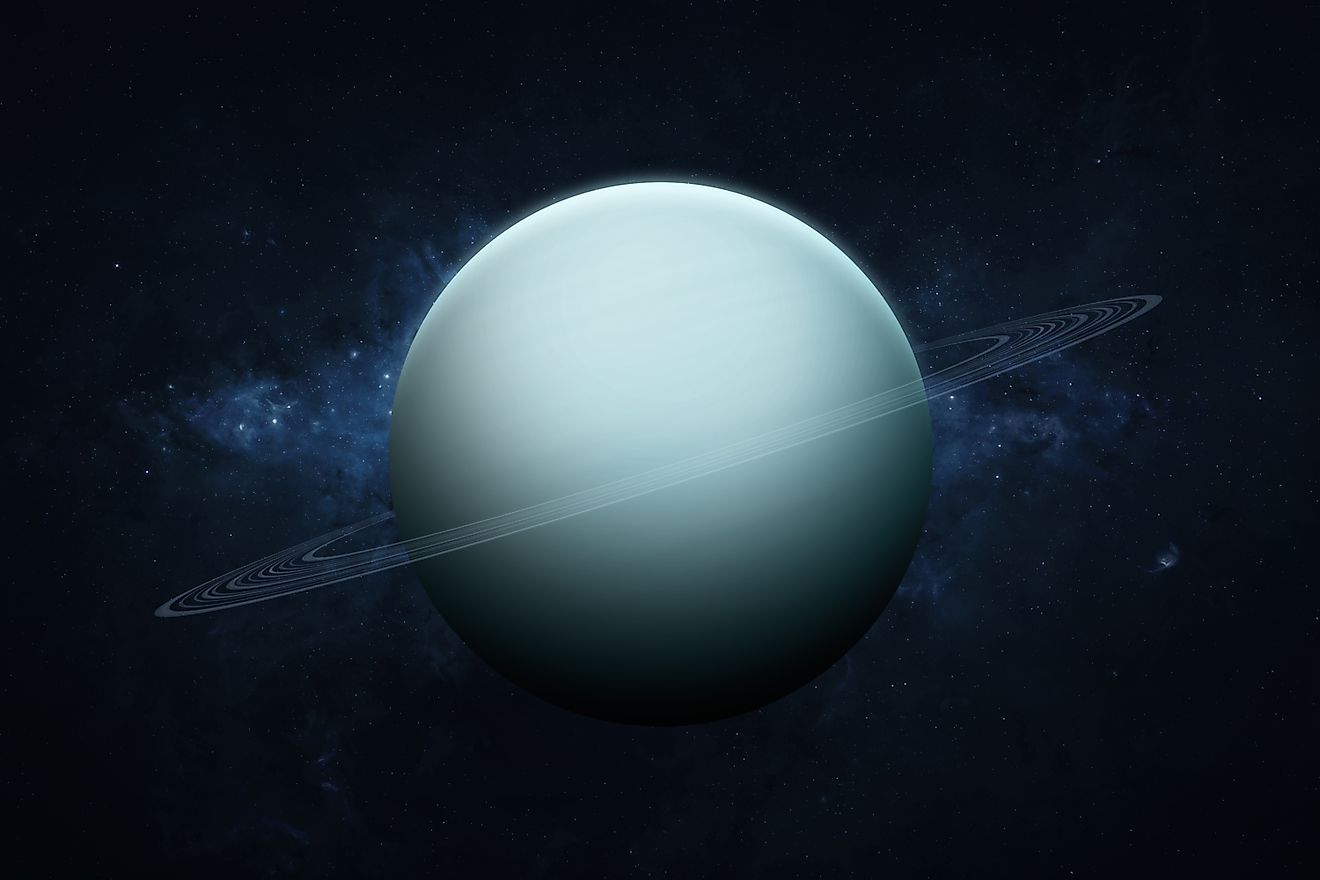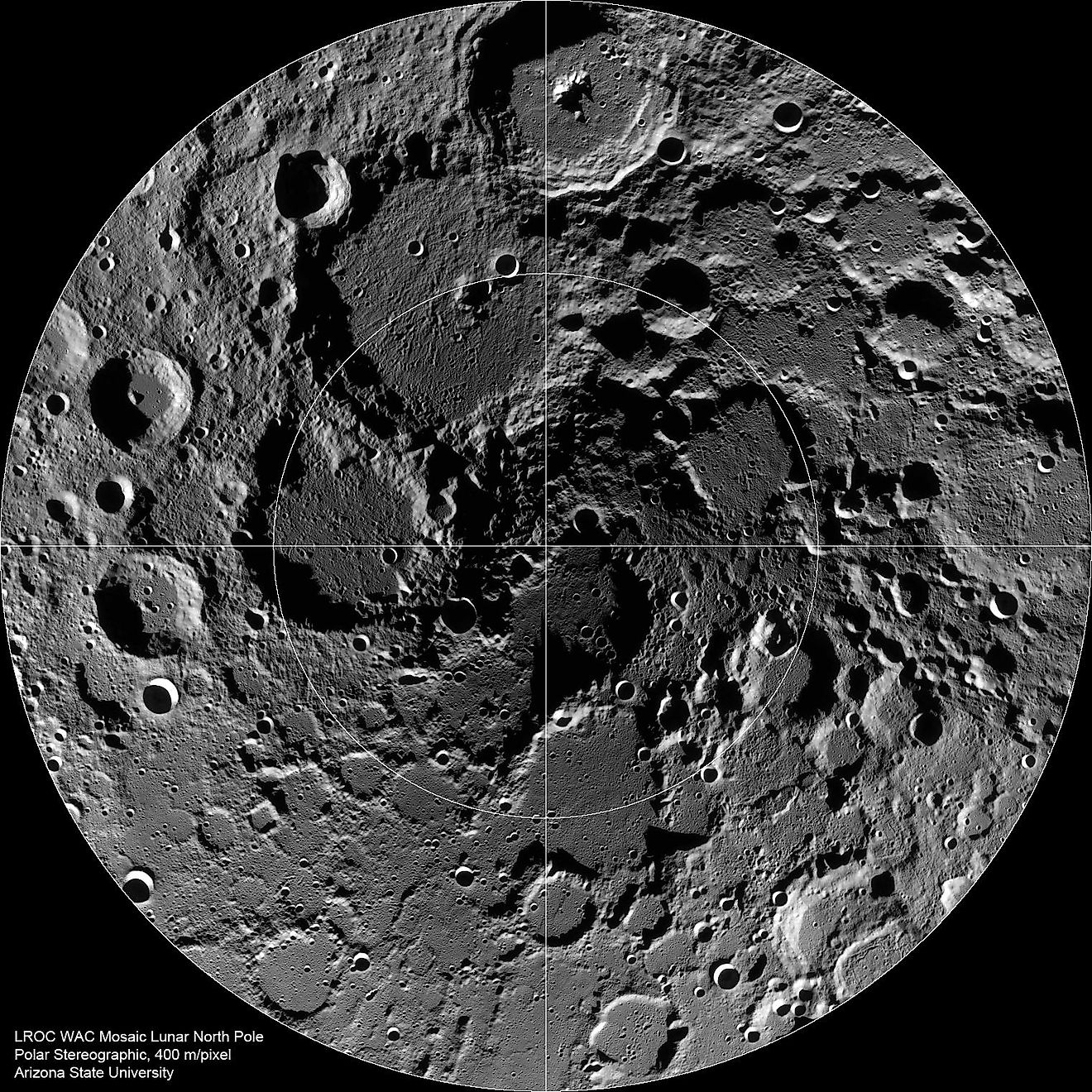
NASA Releases New Image Of The Pillars Of Creation
The Pillars of Creation were one of the most famous targets of the Hubble Space Telescope. Located in the Eagle Nebula around 7,000 light years away, Hubble took its first image of the Pillars in 1995, and they quickly became an iconic example of just how powerful Hubble was. Now, in 2022, NASA’s latest space telescope, James Webb, has taken the most detailed image of the Pillars of Creation.
Webb vs Hubble

Images of the Pillars of Creation from Hubble and Webb look significantly different from one another. An obvious reason for this is that Webb is significantly more powerful than Hubble, yet another reason is that the images were taken in different wavelengths of light. The Hubble image was taken in visible light, the wavelength of light that our eyes are adapted to see in. The James Webb image, however, was taken in infrared light. Different wavelengths of light allow astronomers to see the universe differently. For example, longer wavelengths of light have an easier time penetrating dense globs of gas and dust. Objects that would otherwise be hidden can be viewed in some wavelengths of light. In the case of the Pillars of Creation, a number of stars are currently forming that would otherwise be invisible to our eyes. By viewing the Pillars in infrared light, Webb is able to observe how stars are forming.
A Changing Perspective

Webb is currently one of the most powerful telescopes in operation, and its images are among the highest resolution images ever taken of our universe. Webb is likely to change our view of the universe by a magnitude similar to how Hubble changed our perspective. By imaging the Pillars of Creation, Webb is providing astronomers with an entirely new perspective of star formation, and images such as these will provide astronomers with a more detailed view of how stars form, how much material is required to form stars, how often stars form, and how long it takes for stars to form.
